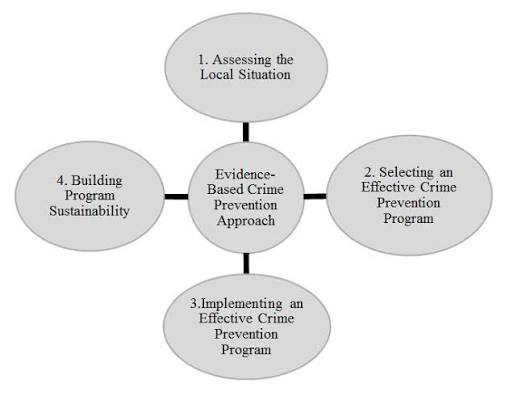
In one of the most heartbreaking cases of wrongful imprisonment in American history, Kevin Strickland was exonerated in 2021 after spending 43 years in prison for a crime he did not commit. His case has since become a rallying point for calls to reform the justice system and strengthen compensation laws for exonerees across the United States.Strickland’s nightmare began in 1979, when, at just 18 years old, he was convicted of a triple murder in Kansas City, Missouri.
Despite consistently maintaining his innocence, he was sentenced to life in prison without the possibility of parole for 50 years. His conviction rested almost entirely on the testimony of one witness—a woman who later recanted and admitted she had been pressured into identifying him as one of the perpetrators. There was no physical evidence linking Strickland to the crime scene, yet the court’s reliance on a single, coerced eyewitness account was enough to seal his fate. For decades, Strickland’s appeals and petitions were repeatedly denied, even as advocacy groups, investigative journalists, and legal experts raised serious doubts about his conviction. A Broken System Strickland’s ordeal highlights the deep flaws in America’s criminal justice system, particularly in cases involving eyewitness testimony. Studies have shown that eyewitness misidentification is a leading cause of wrongful convictions, yet courts often give such testimony significant weight. Strickland’s case demonstrates how difficult it is to reverse a wrongful conviction once it enters the system.

It took decades of legal battles, investigative reporting, and eventually, the support of prosecutors themselves to bring Strickland’s case back into court. Finally, in November 2021, a judge ruled that Strickland had been wrongfully convicted and ordered his immediate release. After 43 years, he walked out of the Western Missouri Correctional Center a free man. Life After Freedom By the time of his release, Strickland was 62 years old. The world he re-entered had changed beyond recognition. When he was first incarcerated in the late 1970s, the internet did not exist, cell phones were rare, and social media was unimaginable. He had lost nearly his entire adult life—decades he could never recover.
To make matters worse, Missouri law at the time did not provide financial compensation for individuals exonerated through judicial proceedings, only for those cleared by DNA evidence. This meant that after losing more than four decades to wrongful imprisonment, Strickland was released with virtually no financial support. Friends, community members, and advocacy groups stepped in to raise donations to help him rebuild his life, but his case sparked outrage over the lack of consistent compensation laws for the wrongfully convicted. A Call for Reform Kevin Strickland’s story has since fueled demands for legal reforms across the United States. Advocates argue that wrongful conviction compensation statutes must be expanded to ensure that all exonerees, regardless of the means by which they are cleared, receive fair restitution. Currently, compensation laws vary widely from state to state, with some offering no support at all.His case has also reignited discussions about the reliability of eyewitness testimony, prosecutorial accountability, and the need for stronger safeguards against wrongful convictions.
Despite the unimaginable hardship he endured, Strickland has become a symbol of resilience and hope. In interviews following his release, he expressed both relief and sorrow—relief at finally being free, but sorrow for the decades stolen from him. “You can’t get 43 years back,” he told reporters, underscoring the irreplaceable loss caused by a flawed system.Today, Strickland continues to share his story, not only as a way of healing but also as a reminder of the urgent need for justice reform. His exoneration stands as one of the longest wrongful imprisonments in U.S. history, and his courage in the face of such injustice continues to inspire those fighting to prevent others from suffering the same fate.Kevin Strickland’s journey is more than a personal tragedy—it is a powerful testament to the need for systemic change in America’s courts. His case ensures that the conversation around wrongful convictions will not fade, as the country grapples with how to deliver true justice to those who have been denied it for far too long.



